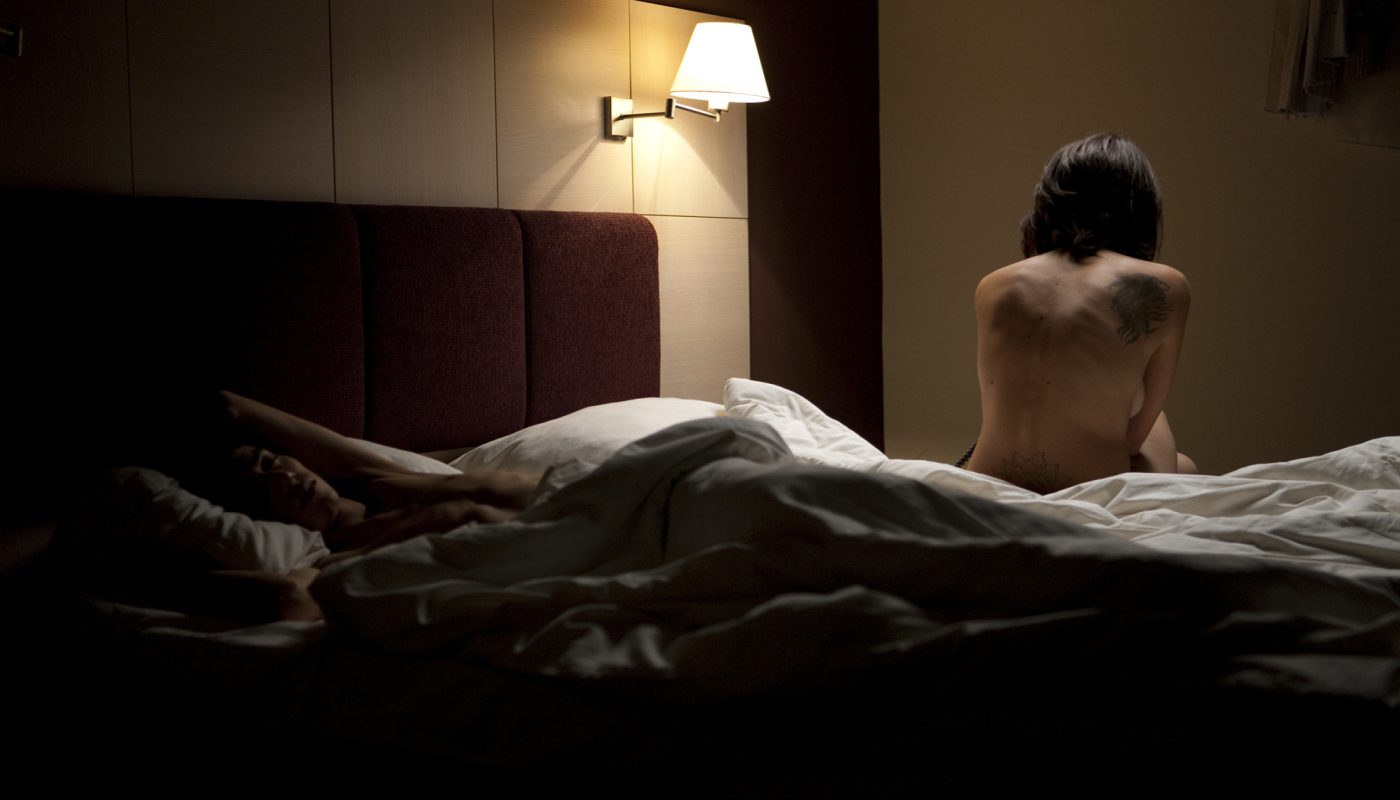

Konstantin Bojanov on his 2017 Rotterdam Film Festival selection
Konstantin Bojanov on Light Thereafter, Rotterdam Film Festival 2017 selection and his future project.
Geplaatst op 22 januari 2018

Konstantin Bojanov on Light Thereafter, Rotterdam Film Festival 2017 selection and his future project.
Geplaatst op 22 januari 2018